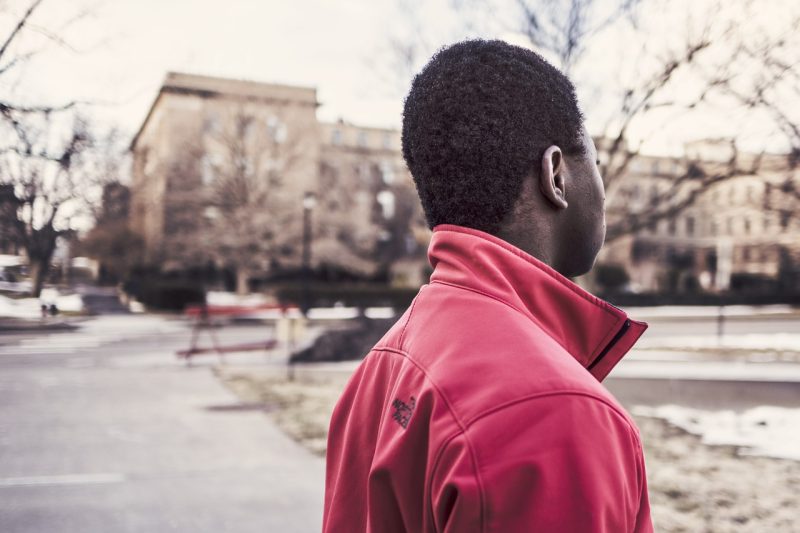It’s no secret that the nation has seen a disproportionate loss of life among black Americans. That was the case in May 1968, when Bruce Tucker, a black factory worker, suffered a skull fracture and was rushed to the Medical College of Virginia (MCV). In less than 24 hours, the MCV surgeons had transplanted Tucker’s heart into the chest of a white businessman, prompting America’s first civil lawsuit for the wrongful death of its kind as explored in The Organ Thieves: The Shocking Story of the First Heart Transplant in the Segregated South (Gallery/Jeter Publishing), by Pulitzer Prize nominee and investigative journalist Chip Jones.
For the first time, The Organ Thieves shows how racially biased attitudes fit a broader pattern of discriminatory behavior toward black patients in the 1960s. Jones uncovers never-before-heard details and new investigative reporting including:
1. The non-consensual surgical extraction of Bruce Tucker’s heart by surgeons at the Medical College of Virginia. After a junior medical examiner okayed the operation, Tucker’s beating heart was transplanted into the chest of an ailing white business-man without any prior consent by Mr. Tucker’s family.
2. Original archival legal and court documents, buttressed by eyewitness interviews with physicians, lawyers and journalists—many of whom will be available for an interview for the book—who provide a tense, minute-by-minute account of the last hours of Bruce Tucker.
3. Medical professional betrayals that mounted after the MCV doctors and administrators were shocked and dismayed to lose the heart transplant race to a previously obscure South African doctor, Christiaan Barnard, on December 3, 1967.
4. The first interview about the case in nearly half a century with L. Douglas Wilder, who was the Tucker family’s attorney in the case, and who would go on to become the first elected black governor in the United States.
5. How Tucker’s brother William, a local storeowner and cobbler, was frantically calling the hospital after getting a tip from an insider that surgeons were planning something strange for Bruce, who was unconscious at the time.
6. An in-depth exploration of the tradition of body-snatching that required surgical residents to work with professional grave robbers, a/k/a “resurrectionists.” These practices lingered in the former capital of the Confederacy throughout Reconstruction and near the dawn of the 20th century. The book reveals the strange life of MCV’s live-in body snatcher, Chris Baker— a black man who was revered by white medical students even as he faced threats of violence by local black citizens.
7. A controversy surrounding MCV in 1994 when evidence of dumping bodies into old wells popped into public view during a construction project at what is now Virginia Commonwealth University’s medical center. After archeologists managed to exhume more than 50 human remains, the university ordered the site shut down—leaving an untold number of other remains beneath the front entrance of the building.











